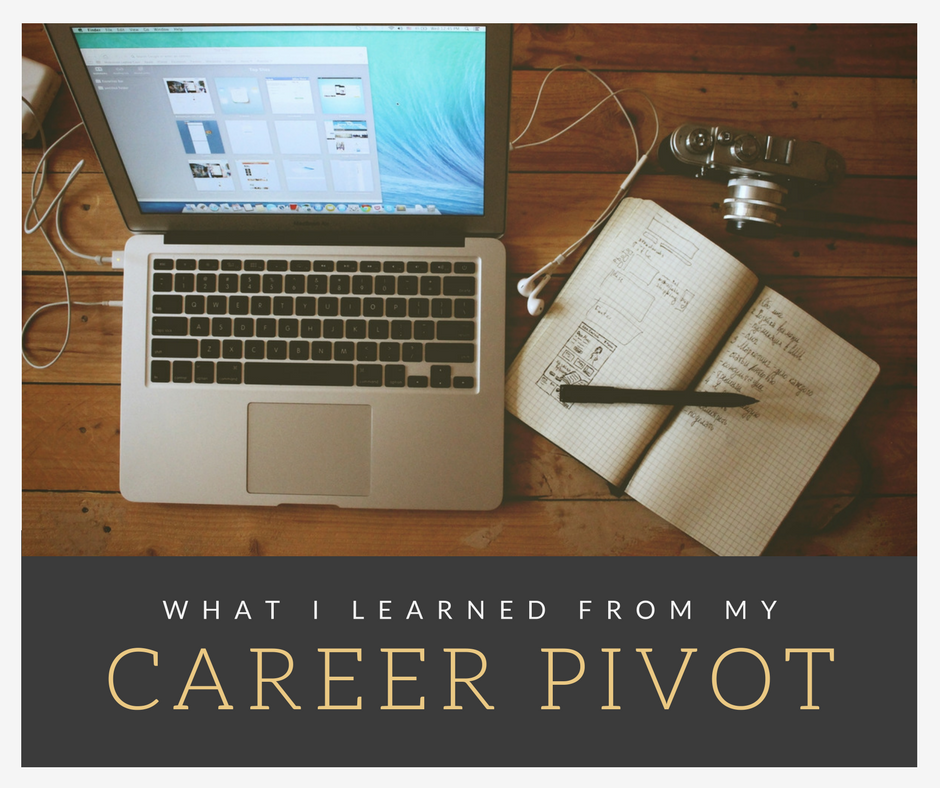A few months ago, I walked away from a full-time job as a social media editor to take on what seemed like a wild and unintuitive risk: A short-term contract as a podcast producer. I cut my salary in half, said goodbye to my cushy health insurance and moved into an apartment with four other roommates.
It was all a huge risk (and I’m still hunting for a full-time gig), but it’s already worth it because I’m finally doing the thing I got into this industry to do. Here are some of the lessons I’ve learned along the way.
1. People get uncomfortable when they don’t know how to categorize you.
Here are a couple of things that have happened to me during my search for a full-time job:
- A company opened a job application in my name for a social media editor role I didn’t apply for (but I had applied for producer roles). When I clarified that I wasn’t interested in jobs in social, they quickly ended our correspondence.
- An HR person repeatedly grilled me in an initial interview for an audio job, asking why I wasn’t applying for jobs in social — despite the fact that I had been tailoring my experience toward audio production over the last three years.
If I’ve learned anything this summer, it’s that people are at peace when you fit into boxes in their minds. Trying to see outside that box is a challenge for everyone involved — but that’s where the magic happens.
2. You have to message your pivot over and over again.
When you announce your job change, no matter how many likes you get on your ~Personal News~ Facebook post or tweet, there will still be people who missed the announcement. I’m still getting the “Wait, you moved to New York?!” message on a weekly basis. Well-meaning friends still often send me job postings for social media editor roles with the message “You’d be great for this!”
Each of these interactions is an opportunity to tell your story in a concise way: “Thank you so much for thinking of me! I’m looking for full-time audio production jobs in New York City right now, so if you happen to see any, send them my way!” Which brings me to my next point:
3. Your experience before your pivot is exactly that: experience.
This is a lesson I’ve struggled to internalize: Rather than see my experience in audience as an asset, I apologized for it as time wasted, which is absolutely ridiculous. Maybe I don’t have three years’ experience of daily sound engineering, but I do have a deep knowledge of how the internet works, as well as how to build authentic, native communities on different platforms. And not many people in the audio space know how to do that.
When it’s time to turn those corners in your career, learn to tell your story as a holistic narrative.
I suspect mine is just one of many stories of people who pivoted from one corner of journalism to another, especially for those of us in the storied “Slash Generation.” We have multiple passions and talents, and we want to explore them all at different points in our careers.
When it’s time to turn those corners in your career, learn to tell your story as a holistic narrative. It’ll make you a much more rounded, compelling candidate — and you’ll be more likely to end up somewhere that sees you as a whole person, instead of someone who got into the game a few years late.

